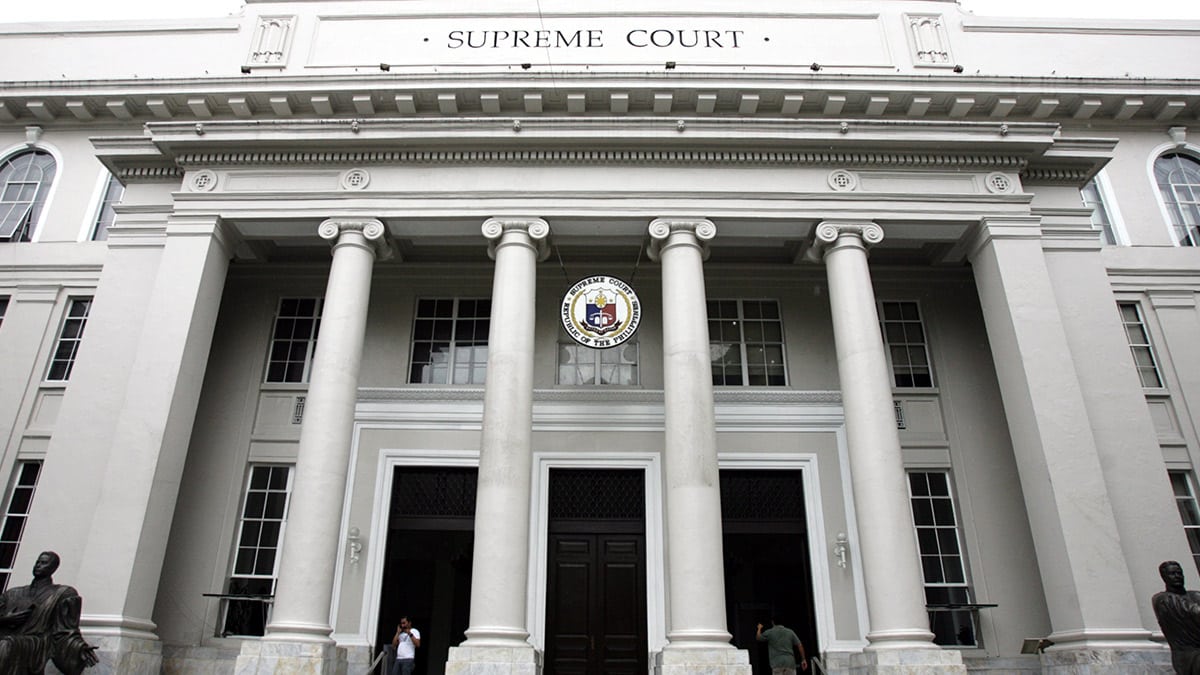MANILA, Philippines — The Supreme Court has ordered the reinstatement of two delivery riders and the payment of their back wages and benefits, affirming that both were regular employees, not independent contractors, and were illegally dismissed.
In a 21-page decision promulgated on April 9 but made public only recently, the high tribunal’s Second Division granted the petition for review on certiorari filed by delivery riders Walter Borromeo and Jimmy Parcia against Lazada E-Services Philippines Inc.
It ordered the e-commerce platform to reinstate the pair to their former positions and pay them their full back wages, including all incentives, benefits and privileges from the time of dismissal to actual reinstatement.
READ: SC tackles back pay for illegally dismissed probationary workers
The two riders filed a complaint before the National Labor Relations Commission (NLRC) after Lazada terminated them on Aug. 23, 2017, citing a reduction in personnel at its pick-up department.
Both challenged the rulings of the NLRC and Court of Appeals, which found no employer-employee relationship between them and Lazada. Lazada also argued that Borromeo and Parcia were independent contractors, not employees, and received service fees for deliveries rather than wages.
Identical case
The Supreme Court, however, affirmed that they were regular employees of Lazada, citing its 2022 ruling in Ditiangkin vs Lazada, which was “practically identical” to the case.
In a decision written by Associate Justice Jhosep Lopez, the high court ruled that an employer-employee relationship existed because Lazada directly hired the petitioners, albeit via an independent contractor agreement, paid them P1,200 daily, had the authority to dismiss them, and controlled their work methods.
Aside from the four-fold test, the Supreme Court said Borromeo and Parcia were able to pass the economic reality test as their services were deemed integral to the respondents’ business, giving them a right to security of tenure.
